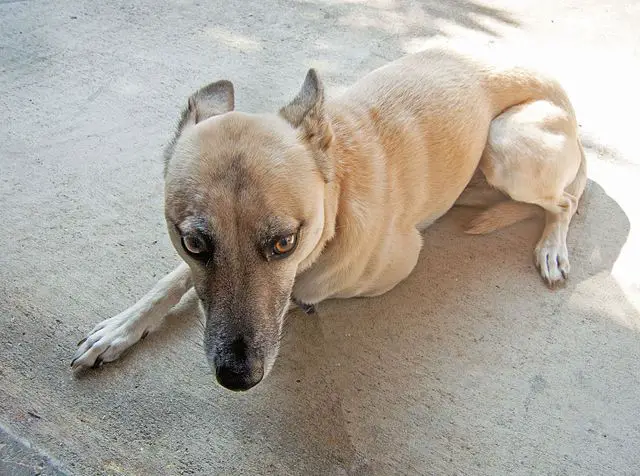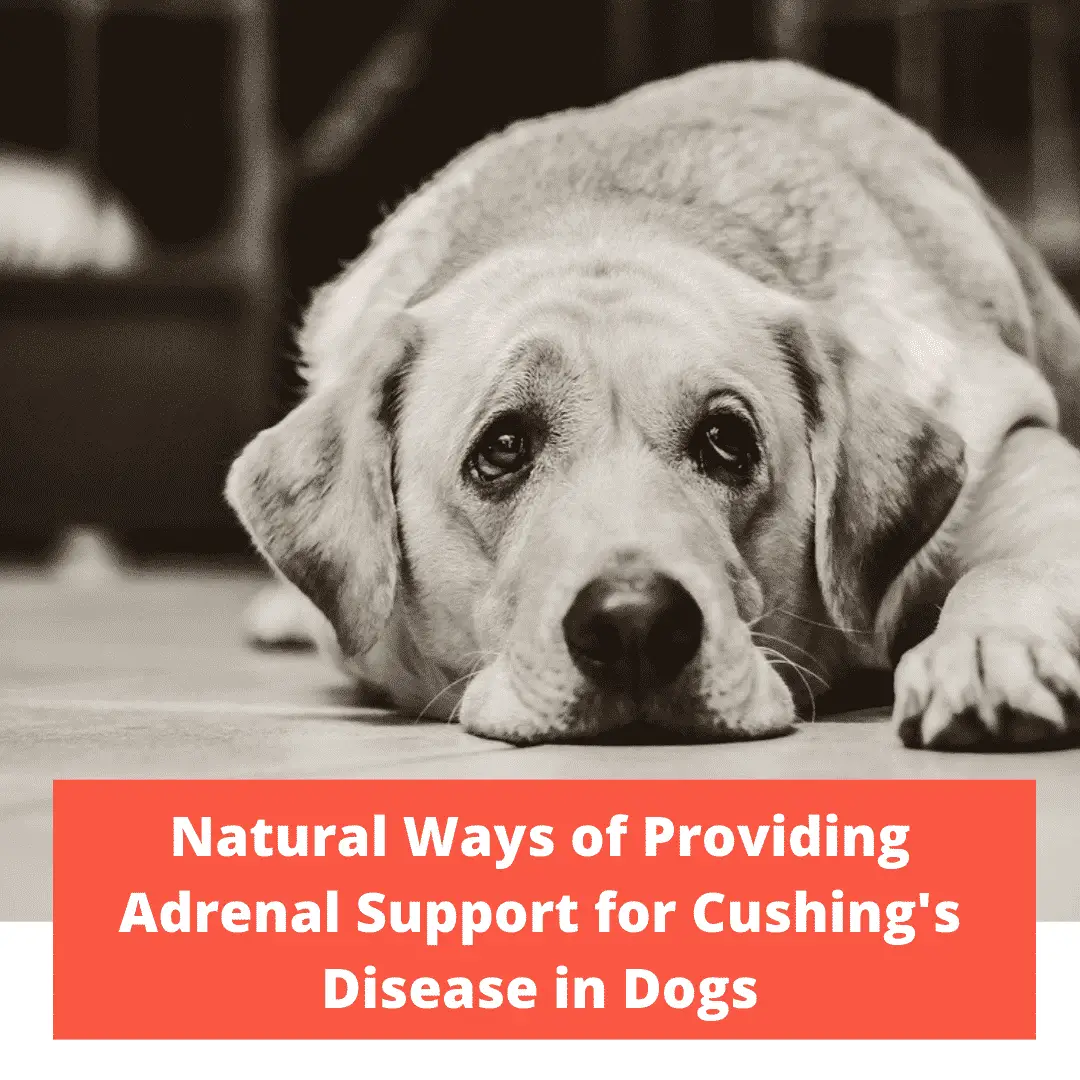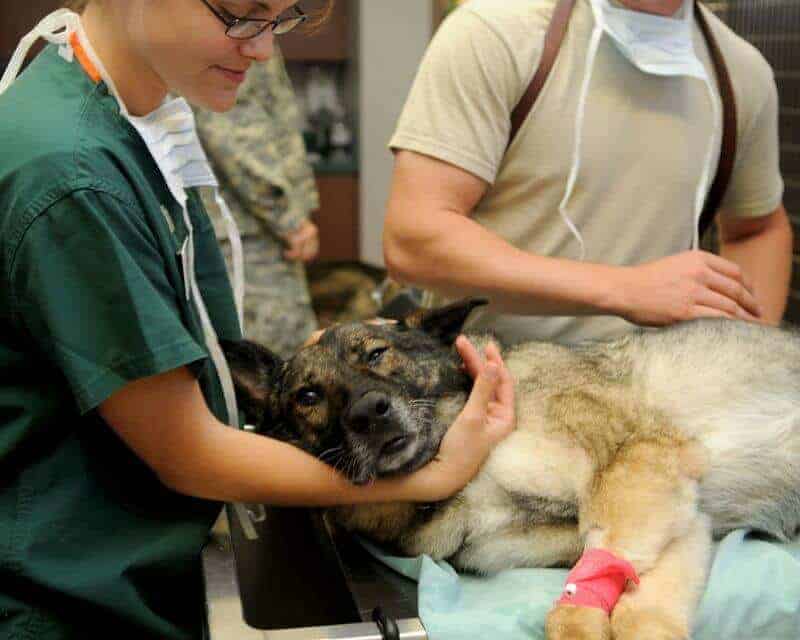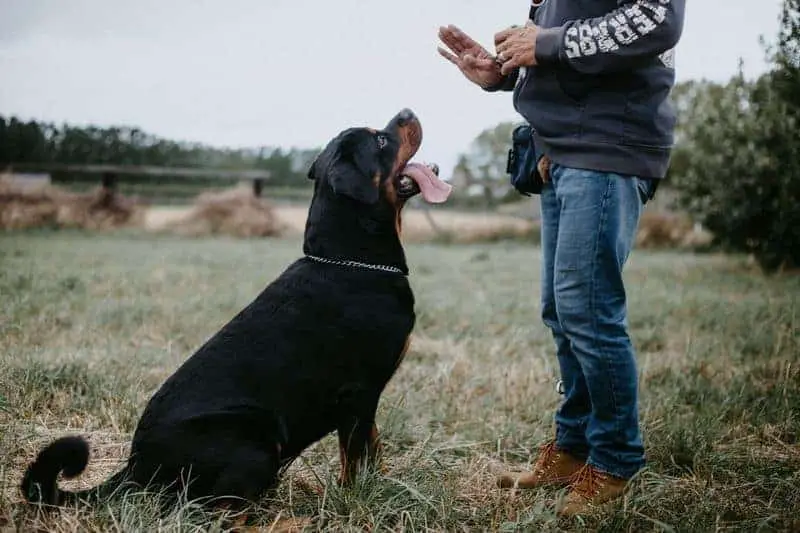What is Kennel Cough?
If you have or are thinking about getting a pet dog, you’re sure to be worried about your pet’s health. One common ailment that many dogs suffer from is called tracheobronchitis, or kennel cough. This highly contagious upper respiratory infection is the most common among dogs in the US, and is prevalent in other areas of the world, as well. Most dogs will have it at some point in their lives. So, what is kennel cough, and what can you do about it?
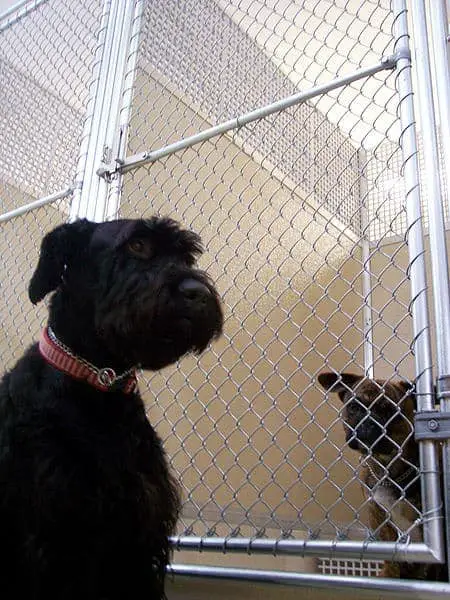
Agents That Cause Kennel Cough
This ailment is caused by a number of different organisms. The most common include mycoplasma, bordella bronchiseptica bacteria, and the parainfluenza virus, as well as canine herpes, canine adenovirus (type 2) and reovirus. Most cases of this disease happen because of more than one organism, rather than just a single cause. Depending on which one is creating the majority of problems, symptoms will be different.
For instance, kennel cough caused by parainfluenza virus will have mild symptoms that last less than six days. This virus is the one most commonly targeted by kennel cough vaccines. However, symptoms are more serious if bacteria are involved. When bordetella bacteria are involved, infections appear two to fourteen days after first exposure, and symptoms last ten days. But your pet remains infectious for between six and fourteen weeks, and can give it to other animals. If parainfluenza virus and bordatella bacteria work together, symptoms can last two to three weeks.
Prevention
The best way to avoid having a pet suffering from kennel cough is to avoid exposing him or her to other dogs. Young puppies are a particular risk. If you can’t avoid this, and must board your dog or otherwise expose him or her, get your dog vaccinated. Standard five or seven way vaccines include treatment for several agents responsible for kennel cough. These may not keep your dog from getting the disease, but they will reduce its severity if your pet becomes ill.
Specific vaccines are also available for some agents, and even very young puppies can receive them. When groups of dogs are housed together and kennel cough is a concern, strict hygiene can help. Food and water containers, cages, and all other surfaces should be thoroughly cleaned and disinfected on a regular basis. Indoor kennels need good ventilation, and handlers must wash hands frequently. This will help keep your kennel free of this disease.
Kennel Cough Symptoms
Most dogs suffering from this illness develop a dry, hacking type of cough. They may make a honking-like noise. The cough may come with a retching sound, or watery discharge from the nose. Depending on how serious your dog’s case is, appetite may be affected. Mild cases don’t stop dogs from eating, and they stay active and alert, but more severe cases may cause dogs to be lethargic, feverish, and uninterested in food.
In extremely serious cases, pneumonia may develop as a complication, and dogs may even die. Most dogs at risk for really serious cases are unvaccinated puppies, or dogs with immune problems, however. If your dog starts to prevent serious symptoms, get veterinary help immediately.
The majority of dogs that develop kennel cough have recently been exposed to other animals, such as pets in a boarding situation while we’re on vacation. Diagnosis of kennel cough is thus based on symptoms and the dog’s recent exposure to other animals. While it’s possible to do cultures and blood work to be sure of the infection, this usually isn’t necessary. Most vets can be sure of kennel cough from symptoms alone.
Treatment
Currently, there are two options available for the treatment of kennel cough. In the disease’s mildest and least complicated form, the dog may be given antibiotics, or may simply be isolated from other dogs and allowed to get better. Some dogs are given cough suppressant medications or bronchodilators to help with cough symptoms. It’s important to remember that just because your dog looks better doesn’t mean that he or she isn’t contagious. Keep dogs that have had this problem away from other animals for the full period of time.
Dogs that have had more severe cases of kennel cough, including poor appetite and feverishness, are nearly always treated with antibiotics. Common choices include trimethoprim-sulfa and doxycycline, as well as several others. Steroids are avoided, since they can suppress the immune system, and cough suppressants are not recommended, since dogs with pneumonia need to clear their breathing passages. However, dogs may be given bronchodilators and other medication to help ease coughing. Collars should be avoided in dogs that are coughing – a head collar or harness is more appropriate.
In most cases, kennel cough is a self limiting disease that causes few problems. Keep an eye on your dog and get vet treatment if appropriate, and make sure you keep your pet away from other dogs during the contagious stage. Prevention is important, but for most dogs, kennel cough isn’t a serious threat.



